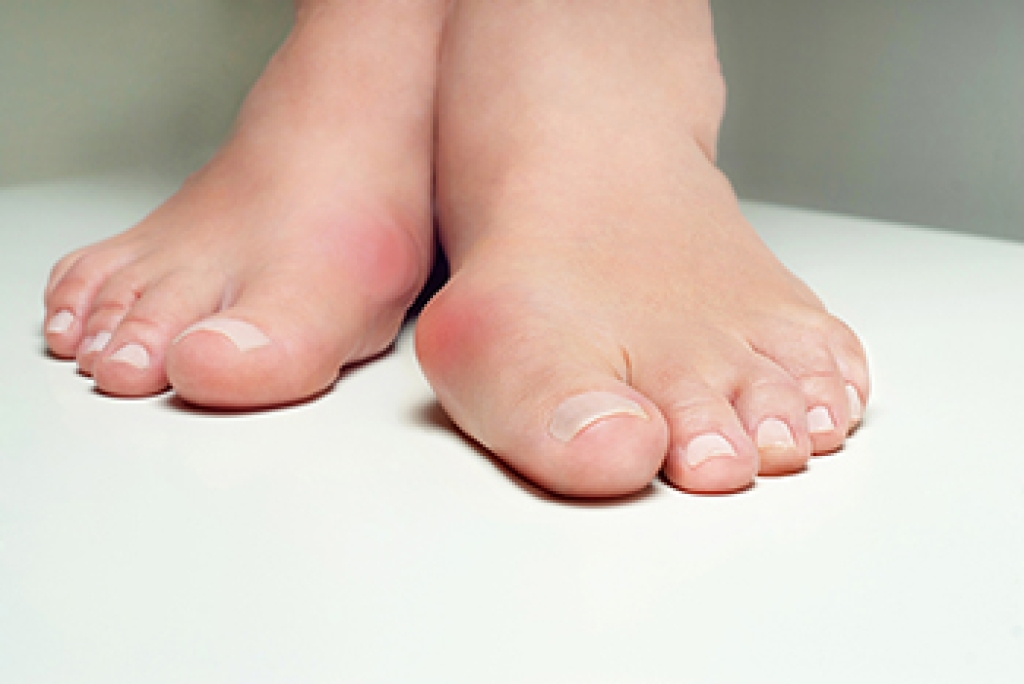
Bunions, a prevalent foot condition, present distinctive signs that warrant attention for timely intervention. Characterized by a bony bump at the base of the big toe, bunions often cause pain, swelling, and redness in the affected area. As the condition progresses, the big toe may gradually deviate toward the other toes, causing discomfort and difficulty finding comfortable footwear. Additionally, individuals with bunions may experience corns or calluses due to friction and pressure against the shoe. Bunions can impair mobility and lead to chronic foot problems if left untreated. Factors such as genetics, wearing ill-fitting shoes, and certain foot deformities contribute to the development of bunions. Moreover, conditions like arthritis may exacerbate bunion symptoms. Understanding the signs of a bunion is essential for maintaining foot health and enhancing overall quality of life. If you have developed a bunion, it is suggested that you consult a podiatrist who can offer you effective treatment options, which may include surgery for permanent removal.
If you are suffering from bunions, contact Deborah Rosenfeld of Rosenfeld Podiatry. Our doctor can provide the care you need to keep you pain-free and on your feet.
What Is a Bunion?
A bunion is formed of swollen tissue or an enlargement of boney growth, usually located at the base joint of the toe that connects to the foot. The swelling occurs due to the bones in the big toe shifting inward, which impacts the other toes of the foot. This causes the area around the base of the big toe to become inflamed and painful.
Why Do Bunions Form?
Genetics – Susceptibility to bunions are often hereditary
Stress on the feet – Poorly fitted and uncomfortable footwear that places stress on feet, such as heels, can worsen existing bunions
How Are Bunions Diagnosed?
Doctors often perform two tests – blood tests and x-rays – when trying to diagnose bunions, especially in the early stages of development. Blood tests help determine if the foot pain is being caused by something else, such as arthritis, while x-rays provide a clear picture of your bone structure to your doctor.
How Are Bunions Treated?
- Refrain from wearing heels or similar shoes that cause discomfort
- Select wider shoes that can provide more comfort and reduce pain
- Anti-inflammatory and pain management drugs
- Orthotics or foot inserts
- Surgery
If you have any questions, please feel free to contact our office located in Marlton, NJ . We offer the newest diagnostic and treatment technologies for all your foot care needs.

